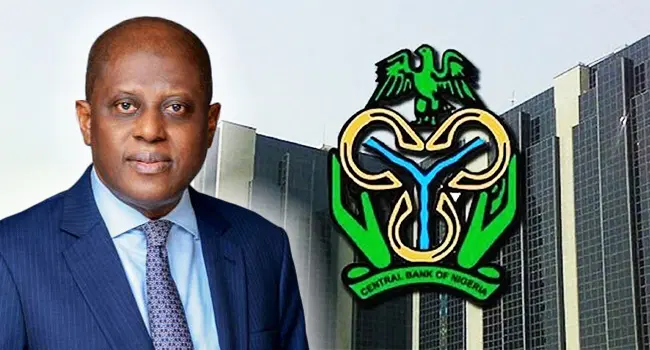In a decisive move to combat the persistent inflation rate and stabilize the naira, the Central Bank of Nigeria (CBN) announced a significant hike in its Monetary Policy Rate (MPR) at the conclusion of its recent Monetary Policy Committee (MPC) meeting. The MPR was raised by 25 basis points to 27.50%, marking one of the highest rates in recent years.
The MPC, Nigeria’s highest policy-making committee for monetary matters, decided to retain the Cash Reserve Ratio (CRR) for Deposit Money Banks at 50%, indicating a strong stance on liquidity control. Similarly, the Cash Reserve Ratio for Merchant Banks was kept at 16%, and the Liquidity Ratio remained at 30%. These measures are part of a broader strategy to address the economic instability that has been affecting the nation’s financial landscape.
Governor Olayemi Cardoso, in his address following the meeting, emphasized the committee’s commitment to curbing inflation, which has been exacerbated by various factors including supply chain disruptions and rising production costs. “Our focus is on achieving price stability which we see as crucial to fostering sustainable economic growth,” Cardoso stated.
The decision to increase the MPR comes on the heels of a period where inflation rates have soared, impacting the cost of living and business operations across Nigeria. Analysts had predicted a rate increase, with differing opinions on the magnitude, reflecting the divided views on how aggressively the CBN should tackle inflation and currency depreciation.
The move has sparked various reactions among stakeholders. Business leaders expressed concerns that higher borrowing costs could stifle growth, particularly for small and medium-sized enterprises (SMEs) that rely heavily on credit. Conversely, some financial experts argue that a stringent monetary policy might be necessary to restore investor confidence and stabilize the economy in the long run.
Read also: LAWMA to create jobs, promote economic growth through garbage recycling
On social platforms, there’s been a buzz of activity with posts discussing the implications of the MPC’s decisions. Many are expressing hope that this will lead to a more predictable economic environment, while others are skeptical about the immediate impact on their daily lives, especially with the cost of goods and services already at high levels.
The CBN’s approach has been to maintain a balance between controlling inflation and supporting economic recovery, a task made more challenging by global economic conditions and domestic fiscal policy choices. The next few months will be critical in assessing whether this hike in the MPR will have the desired effect on inflation and the broader economy.
As Nigeria navigates these economic waters, all eyes will be on how these policy changes play out in terms of inflation rates, foreign exchange stability, and economic growth. The CBN has promised to keep a close watch and adjust policies as necessary to ensure Nigeria’s economic stability.






